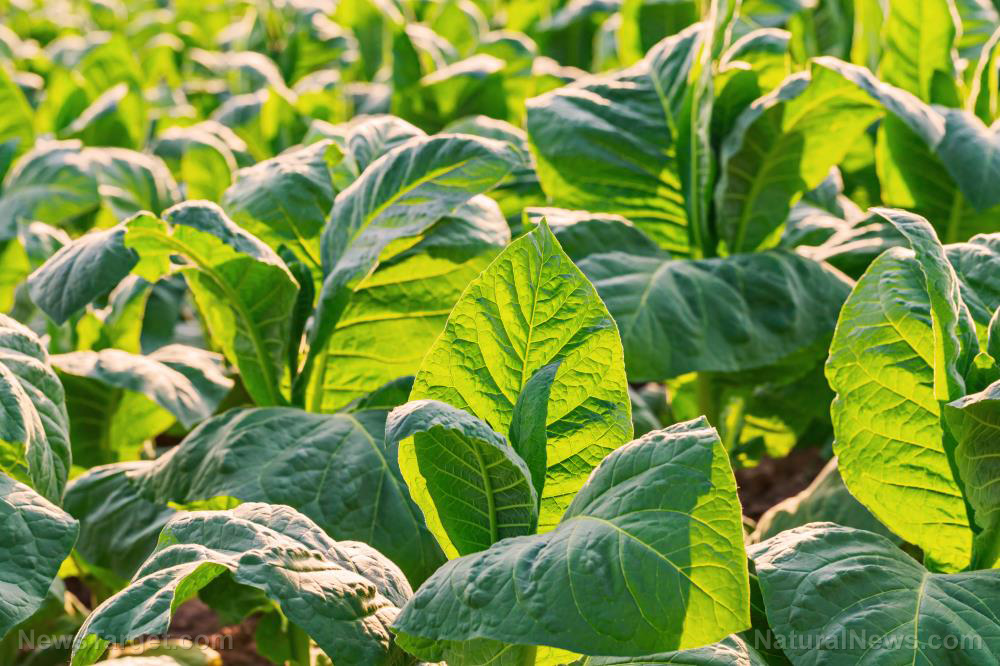
Cultivated for over 5,000 years, onions were likely a staple in prehistoric diets long before the advent of agriculture or written records. Their long shelf life and adaptability made them an essential food source, capable of thriving in diverse climates and soils.
In ancient Egypt, onions were more than just a dietary staple – they held deep spiritual meaning. Onions were often buried with pharaohs and depicted in tombs, with many mummies discovered entombed with onions placed strategically. This suggests that they were believed to possess magical or protective qualities, perhaps to aid in the afterlife.
Onions also make appearances in biblical texts, highlighting their significance in the diets of the Israelites during the Exodus. Ancient Indian texts praise onions for their medicinal properties, while the Greeks and Romans valued them for both culinary and therapeutic purposes – using them to strengthen athletes and treat various ailments.
Healing legacy of onions
Onion contains chemicals that helps reduce swelling and lung tightness related to asthma. It also contains chemicals that helps reduce cholesterol and lower blood sugar. People use onion to prevent scarring. It is also used for hair loss, insomnia and high blood pressure.
Egypt
In ancient Egypt, onions held a revered position – not just as a dietary staple but for their deep symbolic and medicinal importance. Their layered structure symbolized "eternity," representing the cycle of life, which is why onions featured prominently in religious rituals and funerals.
According to Ebers Papyrus, a 110-page document dating back to 3000 BC and often called an ancient medical encyclopedia because it contains remedies for thousands of ailments, onions were used to treat a wide variety of health problems, including breathing difficulties (like asthma), colds, coughs, digestive issues like constipation, dog bites, eye disorders, headaches, heart problems, insect stings, joint pain and skin conditions.
Onions were also used as anti-inflammatory medicine to improve blood circulation; as an antiseptic to clean wounds; and as a diuretic to help the body get rid of excess fluid. Onions were believed to help with congestion, induce sweating and even fight bacteria.
The Edwin Smith Surgical Papyrus contains onion-based remedies for toothaches, showing that onions were also part of early Egyptian dental care. Another example, the Kahun Gynecological Papyrus, which dates back to 1825 BC, describes how Egyptians used onions to test for fertility and pregnancy.
Besides these practical medicinal uses, onions were also thought to have marginal powers. Egyptians believed that onions could absorb bad energy and germs and they would tie the onions around their necks to prevent colds.
Greece and Rome
In both ancient Greece and Rome, onions were celebrated not only for their culinary value but also for their medicinal properties. Greek athletes believed that consuming large quantities of onions could enhance their endurance and strength, often using them as a natural performance booster before competitions. Additionally, onions were frequently prepared as syrups or mixed with honey to treat colds and coughs.
The Roman scholar Pliny the Elder documented various healing applications of onions, noting their effectiveness in treating ailments ranging from insect bites and wounds to headaches and body aches. Onions were commonly used in poultices or consumed as juices to harness their healing benefits.
India
In India, onions have been a fundamental component of both cuisine and traditional medicine for centuries. The ancient medical text Charaka Samhita, dating back to the 6th century BC, highlights a variety of medicinal uses for onions.
Their anti-inflammatory properties make onions effective in treating conditions like arthritis and other inflammatory disorders. Additionally, they were revered as blood purifiers and featured in various remedies to cleanse the body.
Onions were also consumed to support digestive health – believed to stimulate appetite and/or alleviate bloating or gas after heavy, rich meals. Whether raw in salads, cooked in dishes, or processed into juices and syrups, onions have remained a versatile element in Indian healing practices.
Medieval Europe
In Medieval Europe, herbalists and healers crafted various onion-based recipes to treat ailments like fevers, headaches and respiratory issues. Onions were frequently included in poultices for wound care. They were commonly consumed in soups and broths or transformed into ointments and syrups to harness their medicinal properties.
Native American medicine
Various Native American tribes recognized the healing potential of onions, integrating them into traditional remedies. Onions were used to alleviate digestive issues and were often incorporated into meals to support gastrointestinal health.
Additionally, crushed onions were applied to wounds to help prevent infection and promote healing. Native Americans sometimes brew onions into medicinal teas or use them as poultices for various ailments.
Traditional Chinese Medicine (TCM)
In traditional Chinese medicine (TCM), onions, known as "cong," are valued for their warming properties. They are commonly used to treat colds and flu, usually by boiling them in water and drinking the resulting liquid to relieve congestion and cough.
Onions also feature prominently in meals aimed at stimulating digestion and enhancing gastrointestinal health. While often cooked in dishes, onions are also consumed in broths or blended with other herbs for medicinal purposes.
Culinary legacy of onions
Onions taste great and look great, making them a perfect topper for entrees like chili, hot dogs and red meat. Their versatility allows them to add flavor and texture to soups, salsas, curries and sauces.
France
In French cuisine, onions take center stage in the iconic French onion soup, where they are caramelized to perfection and combined with a rich broth, topped with melted cheese and crusty bread. This exemplifies how the humble onion can transform into a deeply savory experience, showcasing its natural sweetness and depth of flavor.
India
In India, onions are a key ingredient in countless dishes, particularly in the famous curries. They are often sauteed as a base, along with spices like coriander, cumin and turmeric – providing a robust foundation for flavors as well as a blended source for healing properties. Onions are also found in refreshing salads and chutneys, adding a sharp contrast to rich, spicy meals. Onion bhaji, a popular snack, features thinly sliced onions coated in chickpea flour and deep-fried to create a crispy treat.
Mexico
In Mexican cuisine, onions are celebrated for their versatility, appearing in dishes like guacamole and salsas to add freshness and crunch. They are often grilled alongside meats for tacos or served raw in various traditional dishes, showcasing their ability to complement bold flavors.
Middle East
In Middle Eastern cuisine, onions are fundamental to dishes like kebabs and stuffed vegetables, where they contribute to the overall savory profile. Additionally, they are essential in the preparation of fattoush and tabbouleh – salads that highlight the freshness of the ingredients.
Learn what happens when you put onions in your socks while you sleep by watching this video.
This video is from the Raweonu channel on Brighteon.com.
More related stories:
Build healthy bones the natural way with ONIONS.
Compound in onions has anti-ovarian cancer effects.
Grow your own onions for a sustainable supply of natural medicine.
Sources include:
ScottsdaleIntegrativeAcupuncture.com
Please contact us for more information.






















